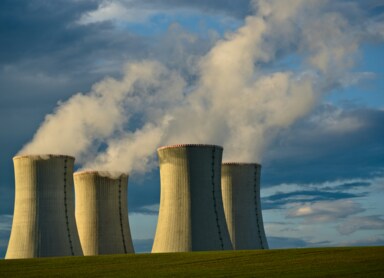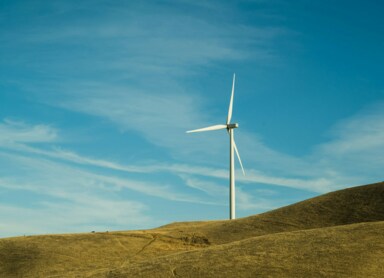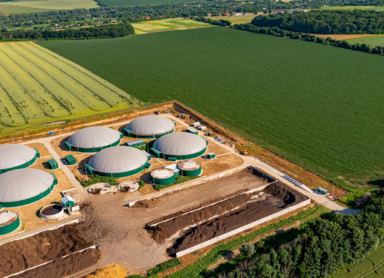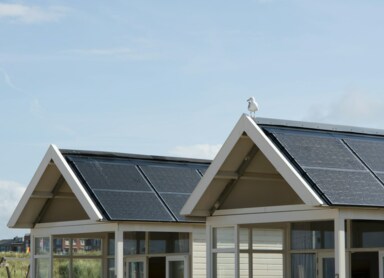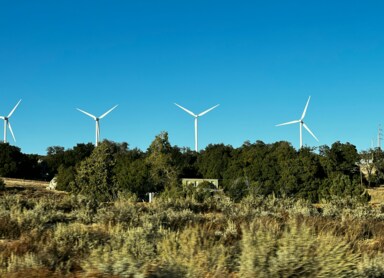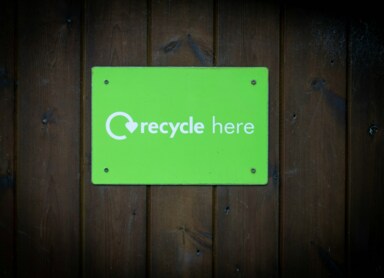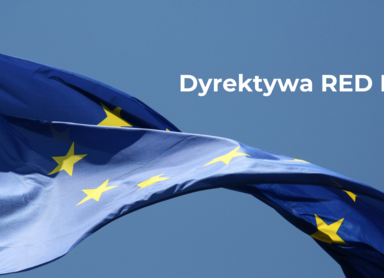Renewable energy
Nuclear energy – the pros and cons of this form of energy
Energia jądrowa może kojarzyć się z działaniami zbrojnymi, ale znajduje ona zastosowanie również do wielu celów pokojowych. Stosuje się ją w radiomedycynie, przemyśle lotniczym i metalurgicznym, czy wreszcie do zasilania elektrowni atomowych. Całkowity udział energetyki jądrowej w wytwarzaniu energii elektrycznej na świecie w 2021 roku wynosił 10,2%. Przyjrzyjmy się bliżej, jak działa ta technologia. Co to jest energia jądrowa, jak powstaje i czy jest się czego obawiać?
How does the Stop Smog program work and who can receive funding?
The Stop Smog program is financial support for municipalities that engage in thermal modernization projects and their residents. It is intended for centers where the so-called “anti-smog law” is in effect. As of January 1, 2021, it is administered by the Ministry of Climate and Environment in cooperation with the National Fund for Environmental Protection and Water Management.
Climate neutrality – what is it and why is it important?
Climate neutrality is a state in which the amount of greenhouse gases emitted into the atmosphere is fully offset by measures aimed at reducing or absorbing them. In an ideal situation, net emissions are equal to zero. The European Union is striving for climate neutrality, with the ambition of becoming the first continent in the world to achieve this goal. Implementing measures and designing an ecosystem that will enable climate neutrality and greenhouse gas emission reductions are key to slowing down the pace of climate change.
We guarantee savings on green energy purchases
How can the processing industry benefit from renewable energy sources that will reduce emissions in line with the requirements of EU climate policies, while generating savings? This is what Vice President of the Management Board of Reo.pl, Tomasz Morawski, discussed in an interview with the Fermentation and Fruit and Vegetable Industry.
RE100 standard - what are the goals and principles of this global initiative?
The transformation of the global economy toward zero-carbon is an extremely complex process that can be analyzed over decades. However, more and more large companies are joining the RE100 initiative. This is an international program that promotes sourcing energy from RES. What is RE100 and who can join this prestigious group?
Power Outage – What to Do and How to Prepare?
A true blackout happens very rarely, but sometimes even a few hours of power interruption can significantly complicate life. This is especially true for businesses whose smooth operation depends on access to electricity, such as manufacturing plants, banks, or gas stations. When can we talk about a power outage and how can we prepare for it?
Net billing – what is it and how does it work in practice?
A prosumer who installed a photovoltaic system after April 1, 2022, no longer uses the well-known "net metering" system, but a new method for settling electricity purchase and sales. This is called net billing. Initially considered less transparent than net metering and potentially less beneficial, net billing turns out to be an effective solution. What should you know about it? How does net billing work?
Biogas Plants – The Future of Renewable Energy? Benefits or Threats to the Environment?
In the search for energy independence, most people initially look to photovoltaics. Indeed, solar energy is a good example of renewable energy, but it is certainly not the only one. Biogas plants, which use organic waste to produce electricity, heat water, and, after purification, serve as fuel for CNG engines, are gaining gradual popularity. How do biogas plants work, and is investing in them worthwhile?
Renewable energy grant. Everything you need to know to receive funding
Obtaining energy from renewable sources and reducing (ideally, completely eliminating) the use of fossil fuels in this process is the main goal of the energy transition. The proper course of this change depends largely on the development of infrastructure that allows for the production of adequate amounts of green energy. Therefore, in addition to the European Union's requirements in the area of climate neutrality (the “Green Deal” policy), EU member states are also receiving tools that are intended to help them achieve their goals. One of these is the RES grant.
How to keep waste records? Practical tips and obligations
Since 2018, the Ministry of Climate – previously the Ministry of Environment – has maintained an electronic BDO register, a database on products, packaging, and waste management. If your company is involved in the production, use, or disposal of waste in any way, you are likely required to register in the BDO. What should you know about this register?
The Renewable Energy Directive (RED II) – what is it about, and what is its significance? Here's an explanation!
The European Union continuously seeks ways to reduce greenhouse gas emissions. One of the methods is to increase the share of bio-components in fuels used in sectors like transportation. This approach aims to improve air quality. To achieve this, the content of a directive called RED II was developed. What exactly does RED II aim to change, and can Poland successfully implement it?
